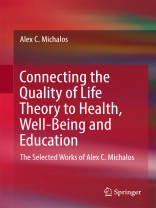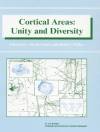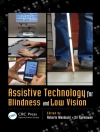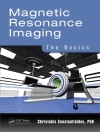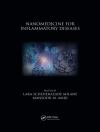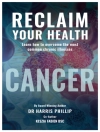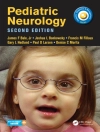This volume connects aspects of personal health, overall well-being, and education to quality of life. It includes discussions of Galen’s and Harvey’s views of the movement of blood in human bodies, and differences in the research traditions of social indicators research and health-related quality of life research. It examines determinants of health and quality of life in a variety of populations, including the residents of the Bella Coola Valley of British Columbia, aboriginal residential school survivors in Canada, and diabetics versus non-diabetics. It describes relations between health survey and patients’ medical chart reviews, the health and quality of life of older people, and the difference between good health and a good life. Other topics explored are student quality of life, comparisons of the quality of life of students, aboriginal and unemployed people, the impact of education on happiness and well-being, and liberal education. In addition, the volume presents Einstein’s views of ethics and science, and unacknowledged authorship in scholarly publications. The final chapter gives a historical review of quality of life research in Canada over the past fifty years.
表中的内容
Introduction: Context and Connections.- Chapter 1. Cost-Benefit Versus Expected Utility Acceptance Rules.- Chapter 2. Social Indicators Research and Health-Related Quality of Life Research.- Chapter 3. Culture as a Moderator of Overall Life Satisfaction: Life facet Satisfaction Relationships; Mallard, A.C.G., Lance, C.E. and Michalos, A.C..- Chapter 4. Determinants of Health and the Quality of Life in the Bella Coola Valley; Michalos, A.C., Thommasen, H.V., Read, R., Anderson, N., & Zumbo, B.D..- Chapter 5. Health and Quality of Life of Aboriginal Residential School Survivors; Barton, S.S., Thommasen, H.V., Tallio, B., Zhang, W., & Michalos, A.C..- Chapter 6. Comparing Self-Rated Health, Satisfaction and Quality of Life Scores between Diabetics and Other Living in the Bella Coola Valley; Grigg, A., Thommasen, H.V., Tallio, B., Zhang, W., and Michalos, A.C..- Chapter 7. The Relationship between Health Survey and Medical Chart Review Results in a Rural Population;Voaklander, D.C., Thommasen, H.V., and Michalos, A.C..- Chapter 8. Health and Quality of Life of Older People: A Replication After Six Years; Michalos, A.C., Hatch, P.M., Hemingway, D., Lavallee, L., Hogan, A., and Christensen, B..- Chapter 9. Good Health is Not The Same as a Good Life: Survey Results from Brandon; Michalos, A.C., Ramsey, D., Eberts, D., and Kahlke, P.M..- Chapter 10. A Note on Student Quality of Life; Michalos, A.C. and Orlando, J.A..- Chapter 11. Quality of Life of Some Under-Represented Survey Respondents: Youth, Aboriginals and Unemployed; Michalos, A.C. and Orlando, J.A..- Chapter 12. Education, Happiness and Well-Being.- Chapter 13. A Developmental View of Liberal Education: Revised Paper Presented at a Conference on Logic and Learning at Carnegie-Mellon University, Pittsburgh, 1979.- Chapter 14. Einstein, Ethics and Science.- Chapter 15. Observations on Acknowledged Authorship from Homer to Now.- Chapter 16. Building the encyclopedia of Quality of Life and Well-Being Research.- Chapter 17. Milestones of Quality of Life Research in Canada, 1930s-2014.
关于作者
Prof. Alex Michalos currently serves as an Adjunct Professor of Philosophy at Brandon University. He is also the Director of Research for the Canadian Index of Wellbeing and Emeritus Professor in Political Science at his former institution, the University of Northern British Columbia. Michalos has published 24 books, over 100 refereed articles, and founded or co-founded seven scholarly journals. Among the seven, he is Editor in Chief for the Journal of Business Ethics, the most frequently cited journal in the world devoted to business ethics, and Social Indicators Research, the first scholarly journal devoted to quality of life research. He is married to Dr. Deborah Poff, President and Vice-Chancellor of Brandon University.
